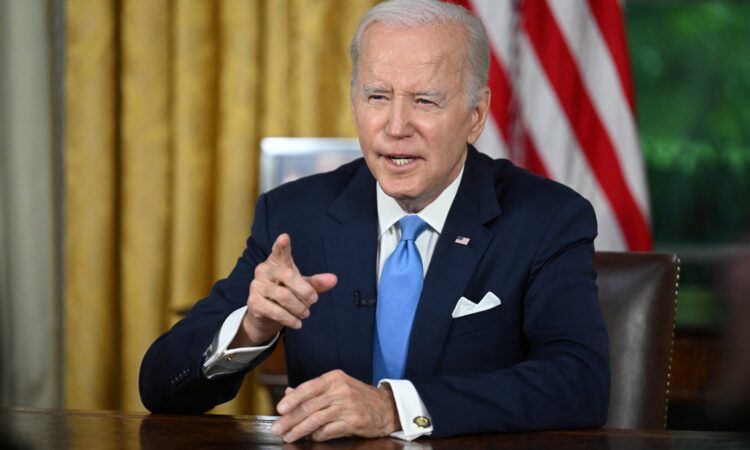
Most governments go to great lengths to avoid default, even on their external debt (the debt owed to foreign creditors). Understanding why is a bit of an intellectual puzzle. Early theories of sovereign debt assumed, more or less, that sovereignty created difficulties credibly contracting for repayment, and that default would thus be viewed by most governments as an attractive alternative to painful fiscal choices.
However, theories don’t always play out as expected. Even though it is difficult to force a sovereign country to repay its debts by going to court, governments value their ability to access international markets. For many emerging market governments, the ability to pay their debt on time is an important signal of credibility to domestic voters as well as foreign investors. Thus, emerging markets typically opt to pay their debts even when they rationally should seek to restructure it with their creditors. Sri Lanka is the latest case in point: Sri Lanka continued to make payments on loans to China and on its international bonds until it literally ran out of usable foreign exchange reserves. Russia was so keen to keep paying its foreign debt that Western countries had to extend sanctions in response to Russia’s invasion of Ukraine to force it into an actual default.
For those countries around the world that scramble to find the resources to repay their debts and worry about squandering hard-earned access to bond markets, it must be inconceivable that a country that has achieved the United States’ enviable position—where it can borrow in its own currency, at low rates, from investors around the world—would voluntarily choose not to pay.
More on:
Countries that can borrow in their own currencies don’t default unless they are forced to do so. Period. A U.S. default would reverberate around the world, and not simply because of the outsized role that the dollar and U.S. Treasury bonds play in global markets. A default would signal to the entire world that the United States is a tired great power, so consumed by domestic divisions that its capacity to sustain its global presence is in real question.




